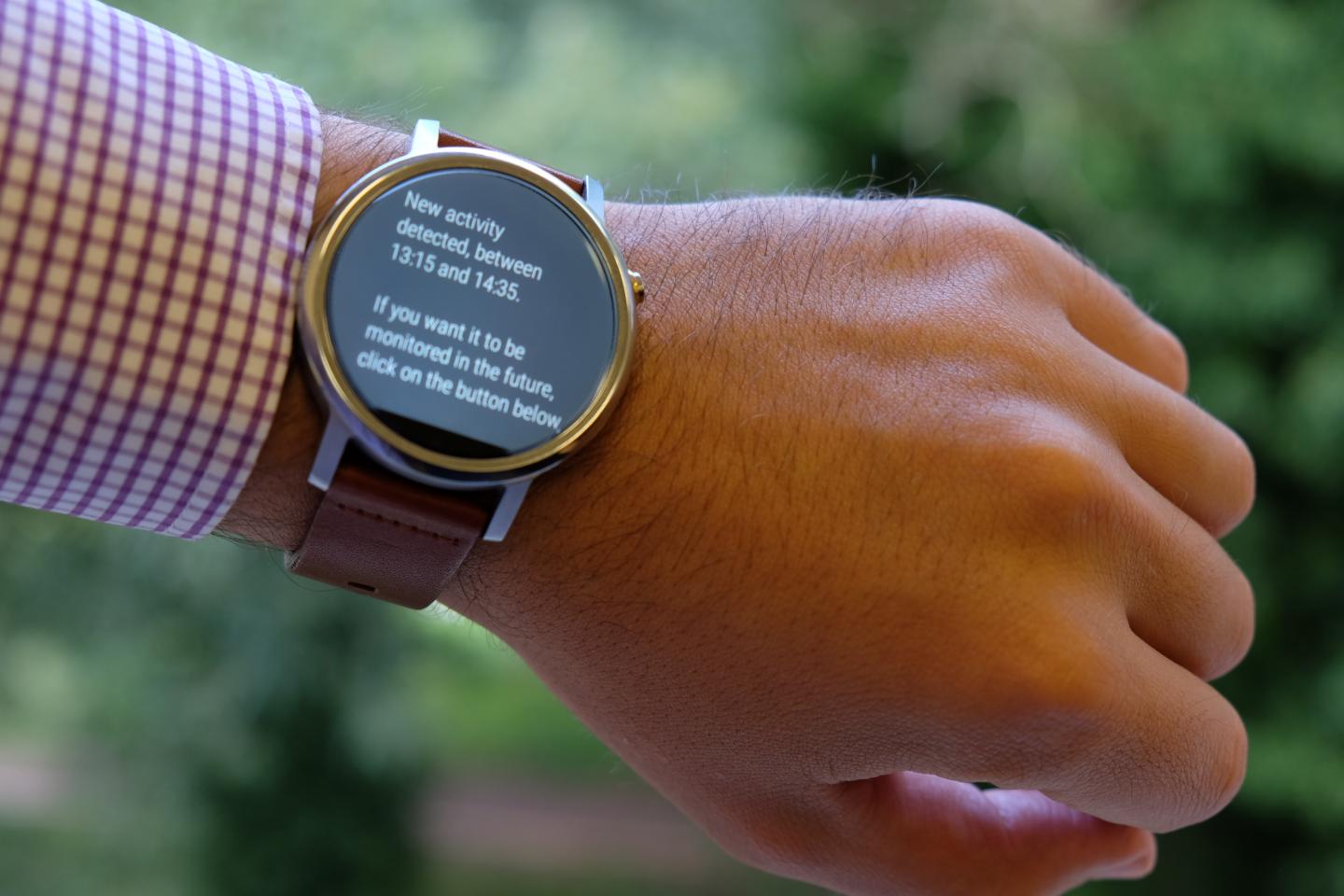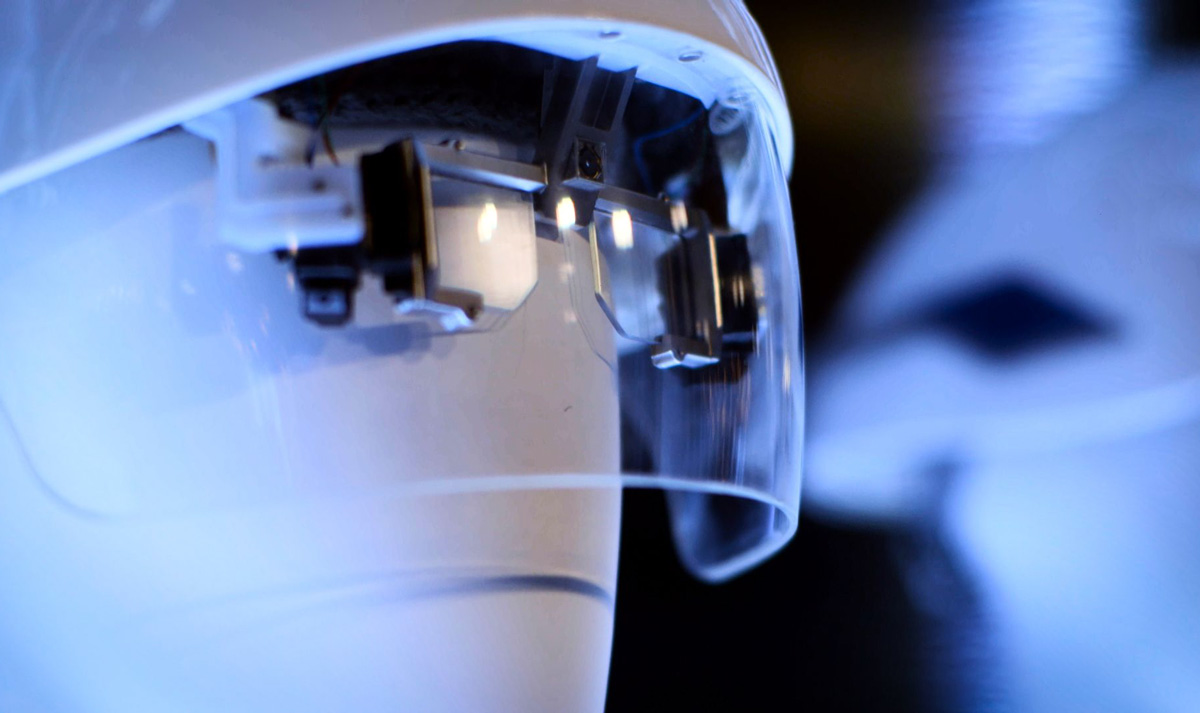
E-waste is a global problem, while the mining of fresh resources for electronics leaves devastation in its wake. And yet, the more cutting-edge our devices, the harder they are to recycle.

Amazon has made a deal with a big American home builder, to build "Alexa-enabled smart homes" where you can do a lot more than just adjust your temperature.

Scientists at the University of Sussex have invented a new algorithm that enables smartwatches to detect and record your every move, without being told beforehand what to look for.

Researchers in Ireland have fabricated printed transistors consisting entirely of 2-dimensional nanomaterials for the first time. This breakthrough could unlock the potential for numerous applications

As mobile ownership continues to rise, the number of apps available grows — and many of those apps are geared at helping you find out more about the world around you, not the digital one at your fingertips.

According to a report at Forbes, Google recently filed a patent for an electronic device that would be injected directly into the user’s eyeball. As described in the patent filing, the “intra-ocular device” includes an electronic lens that is injected within a fluid which solidifies after application.

A new wearable monitor that keeps track of your health by measuring chemicals in your sweat can be synched in real time to your smartphone.

When your home’s heating and cooling system allows you to set just one temperature for every room in the house, it can be hard to find a setting that everyone in the household will agree on. Fortunately, smart home climate systems allow users to customize their settings and create the home environment that makes them most comfortable.

2016 will be the year that the Internet of Things market starts to make a profound impact on the world of sustainability, with endless possibilities to slash global emissions through interconnected devices and objects.

This year’s Consumer Electronics Show isn’t officially over until the end of the day on Saturday but all of the big announcements are behind us at this point.

Nanowerk, the leading nanotechnology portal, is committed to educate, inform and inspire about nanotechnologies, nanosciences, and other emerging techs

EPFL spin-off Nanolive has launched the 3D Cell Explorer, a microscope for observing living cells in 3D. This new tool could be a real boon for researchers in such areas as infertility.